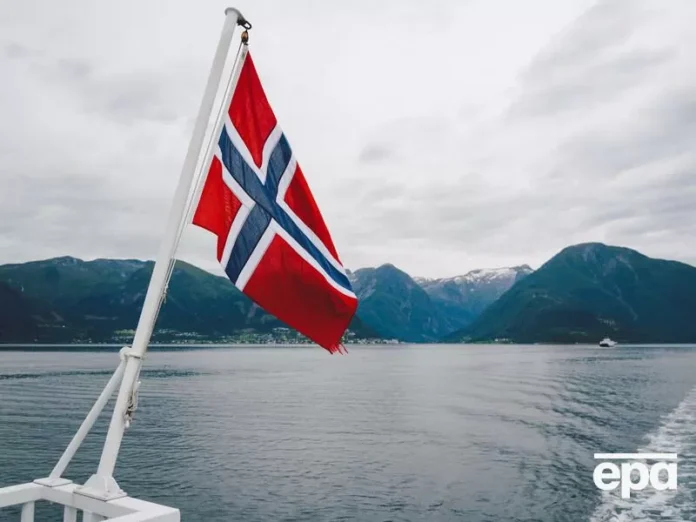Norwegian Police Security Service (PST) has revealed the activities of Russian intelligence in the western part of the country. This was announced by the head of PST in Western Norway, Torgils Lutro, in an interview with NRK, published on May 2.
According to Lutro, the PST has been closely monitoring the activities of Russian intelligence in Norway for several years. He stated that the Russian intelligence services have been trying to gather information on Norwegian military and technological capabilities, as well as political and economic developments.
The PST has also uncovered attempts by Russian intelligence to recruit Norwegian citizens as agents. Lutro emphasized that these attempts have been unsuccessful, thanks to the vigilance of the PST and the cooperation of the Norwegian public.
The revelation of Russian intelligence activities in Norway comes at a time of heightened tensions between Russia and the West. Norway, as a member of NATO, has been a key player in the alliance’s efforts to counter Russian aggression and influence in Europe.
In response to the PST’s findings, the Norwegian government has announced that it will be increasing its efforts to protect the country’s national security. This includes strengthening cooperation with other NATO countries and investing in advanced technology to detect and prevent foreign intelligence activities.
The PST’s disclosure has also sparked a debate in Norway about the country’s relationship with Russia. While some have expressed concern about the extent of Russian intelligence activities in Norway, others have emphasized the importance of maintaining open and constructive dialogue with Russia.
In his interview, Lutro stressed that the PST’s main priority is to protect Norway’s national security and ensure the safety of its citizens. He also urged the public to remain vigilant and report any suspicious activities to the authorities.
The Norwegian government has also reassured its citizens that it is taking all necessary measures to protect the country from foreign threats. This includes increasing the budget for national security and working closely with its allies to address common security challenges.
Despite the seriousness of the situation, the Norwegian government has remained calm and diplomatic in its response to the PST’s findings. This reflects the country’s commitment to maintaining a peaceful and cooperative relationship with its neighbors, including Russia.
In conclusion, the disclosure of Russian intelligence activities in Norway by the PST serves as a reminder of the ongoing security challenges faced by the country. However, it also highlights the effectiveness of Norway’s security measures and the importance of international cooperation in addressing these challenges. The Norwegian government’s measured response and commitment to protecting its citizens and national security are commendable and should serve as an example to other countries facing similar threats.

